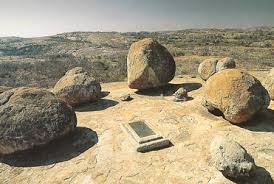BOCHOO!

IT’S TASTY! IT’S CALLED BOCHOO! Imagine you are travelling for about eight hours. If you are travelling by private car or public bus, you make stops at takeaway outlets and buy your refreshments. If you are travelling by air, an air hostess will wake you to some warm munchies that may include fresh juices. This is because your body demands to be nourished for renewed energy and keep healthy. So it is with us travelling to Ungland . When we have been paddling a laden boat or canoe over a distance of more than 30 kilometers, we stop to fill the tanks. We fix some original and real fast food! The difference is that our fastest meal will be complemented with delicious stuff known as Bochoo . It is indeed some quick delicacy that should not take a lot of time. The meal is better taken while it is hot. The other difference with what you pals consume on the plane, your car or bus is that we cook our own while you get it ready-made. Here is how accomplished Unga sous-ch
 SoundCloud
SoundCloud



